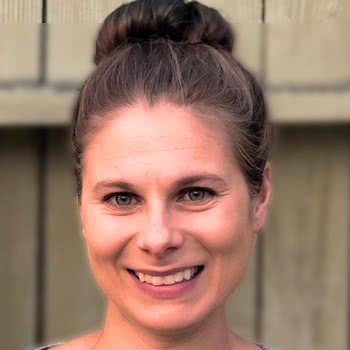| Topic | AI and Creative Writing: How Computers Can Help People Write Fiction |
| Speaker | Melissa Roemmele, Ph.D. Research Scientist at SDL |
| When | April 21, 2021 – 6:00PM |
| Where | Zoom Online Presentation RSVP or call 312.861.1100 |

Melissa Roemmele Melissa Roemmele is a research scientist at SDL (part of the RWS Group) in Los Angeles, working on interactive applications that use natural language processing to facilitate content understanding and creation. Her research passions center on the use of computers to analyze and augment human creativity in language and storytelling.
She completed her PhD in 2018 in the Department of Computer Science at University of Southern California. During her PhD she worked at the USC Institute for Creative Technologies in the Narrative Group, which pursues research at the intersection of artificial intelligence and storytelling. Her dissertation explored machine learning approaches for interactively predicting “what happens next” in text-based stories, both in a commonsense reasoning framework as well as for human authoring support.
Computational Creativity
Can computers write fiction? This has long been an ambition of artificial intelligence (AI) research. It now appears increasingly plausible due to breakthroughs in natural language processing (NLP) capabilities by which applications produce text and speech. Indeed advances in NLP have been applied to automate some authoring tasks like document translation and summarization.
However, hype surrounding the automation of creative writing often underemphasizes an alternative question, “Can computers help people write fiction?” The research field of computational creativity examines how AI can be used not only to understand and simulate human creativity, but to also enhance it. This latter goal positions AI as a tool people can utilize to augment their creative intelligence, rather than as an autonomous agent that precisely mimics this intelligence.
It is not yet clear how to best utilize NLP to build such tools for creative writing assistance, as it requires a different design and evaluation paradigm from what is typically used to demonstrate success on NLP tasks.
Join Us As We Discuss the Future of Creative Writing
In this talk, Dr. Roemmele willl discuss the intersection of existing research on natural language processing and computational creativity. Further, Rommele will motivate the idea that AI and NLP systems can complement human creative writing abilities, then identify some key next steps for moving towards this goal.
Reserve your seat NOW!